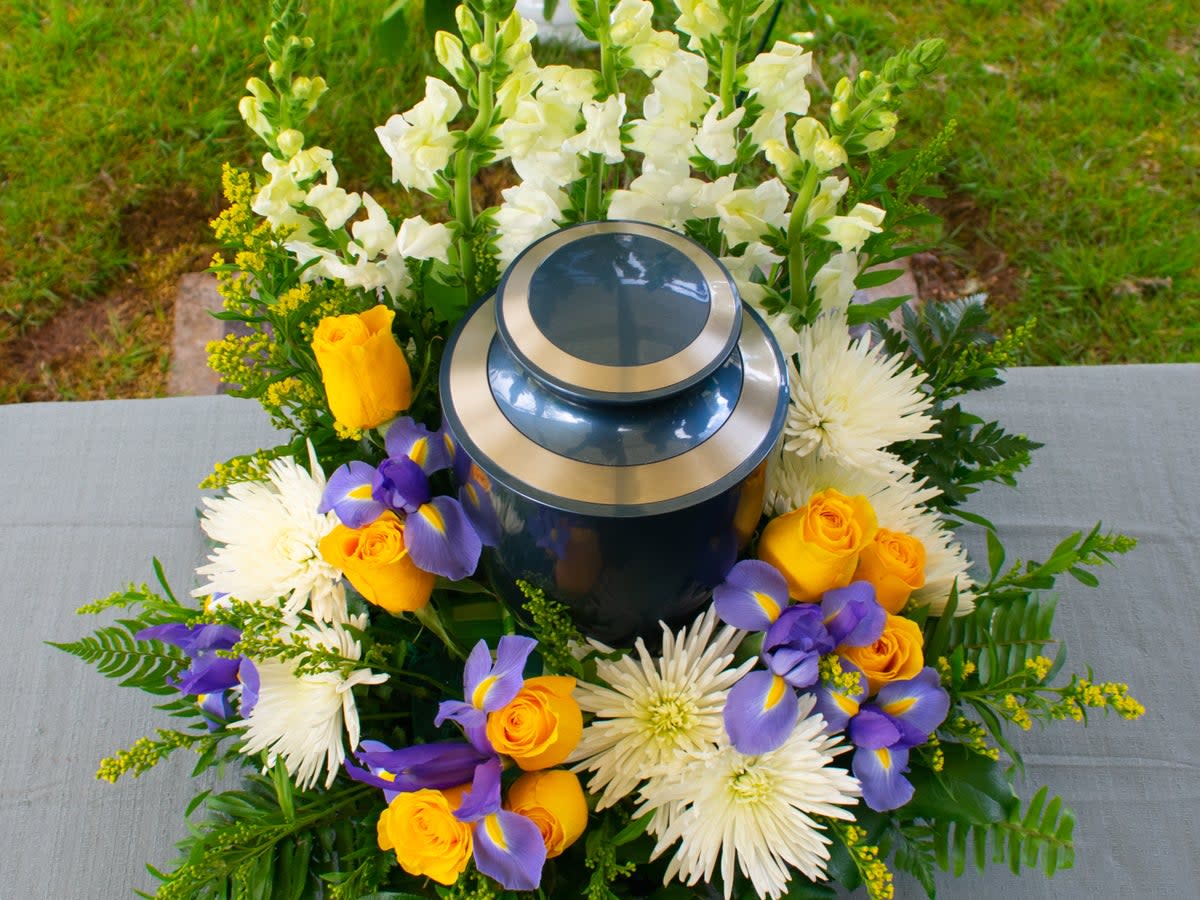What are ‘water cremations’?

The British funeral industry looks set to undergo its most significant shakeup in decades after Co-Op Funeralcare announced it would begin offering “water cremations” at a number of pilot locations across the country.
Intended as a more sustainable alternative to cemetery burials and cremation by fire, the process is properly known as resomation (from the Greek for “return of the human body”) or alkaline hydrolysis and involves the body placed inside a biodegradable pouch within a chamber filled with pressurised water at a temperature of 150C.
A small dose of potassium hydroxide (or caustic potash, the active ingredient in cuticle-removing manicure treatments) is then added to convert the tissue and cells of the dead body into a watery solution over a four-hour period.
The process leaves behind only the deceased’s soft bones, which can then be dried out and ground into powder for return to the bereaved relatives inside a funeral urn, as is the current custom with cremations.
Resomation, the British company that manufactures equipment used in the practice, states that the process results in a third less greenhouse gas being produced than in fire cremations and uses just one-seventh of the energy.
And, unlike traditional burials, the risk of groundwater contamination is eliminated, with the fluids being “safely returned to the water cycle free from any traces of DNA”, according to founder Sandy Sullivan.
The first cremation by fire took place in the UK in 1885 and its role was formalised with the introduction of the Cremation Act in 1902.
The practice had overtaken burials as the preferred method of disposing of the dead by the 1960s, according to anthropologist Professor Douglas Davies of Durham University, who said: “The rise in ecological and sustainability concerns over the past decade combined with a desire to be part of nature or laid to rest in a natural setting, means more people are considering the environmental impact of their body once they die.”
The technology behind water cremations first emerged in the 1990s but they have only recently become popular in the US, Canada and South Africa – seemingly as a response to climate change, as Professor Davies suggests – with the late anti-Apartheid campaigner Archbishop Desmond Tutu one of the most high-profile people to have been laid to rest in this way so far.
Co-op Funeralcare, the UK’s largest funeral provider, announced that it will introduce the practice later this year. It said it will be working with sustainability experts and academia to further validate existing research during its initial regional pilot.
It said pilot locations will be announced later this year with the intention to expand the service to all Co-op clients.
Gill Stewart, managing director of Co-op Funeralcare, said of the process: “Our priority is to help families create a funeral that is personal every step of the way and, as the leading provider of funerals in the UK, introducing innovative and sustainable options for our clients is an absolute priority.
“Up until now choice has been limited to burial or cremation. We’ve seen from the rapid uptake of newer funeral options such as direct cremation, that when choice in the funeral market is broadened, this is only a positive thing both for the bereaved and for those planning ahead for their own farewell.”

